Meal Plans vs Macro Tracking: Which Diet Strategy Actually Works Long-Term?
You’ve probably heard both sides:
“Follow this exact meal plan. No substitutions.”
“Just track your macros. Flexible dieting is more sustainable.”
But which one really works better?
New research gives us an inside look at the short-term AND long-term effects of rigid vs flexible dieting, and the results are surprising.
What Was the Study?
Researchers compared two groups of resistance-trained adults:
One group followed strict meal plans with no substitutions.
The other group followed a flexible macro-based diet, where they hit daily protein, carb, and fat targets however they liked.
Both groups were in a 25% calorie deficit for 10 weeks. Then they ate freely for another 10 weeks while being monitored.
What Did They Find?
During the diet: Both groups lost fat and maintained muscle.
After the diet:
The meal plan group gained back fat.
The flexible group gained lean mass — without gaining fat.
Why Did That Happen?
The flexible group had learned to:
- Manage portion sizes
- Make food substitutions
- Track macros with accuracy
Those skills seemed to carry over — even after they stopped tracking.
Meanwhile, the meal plan group had no skills to fall back on once the structure was removed.
Takeaways for You
Meal plans can help beginners get started.
But long-term results come from learning how to eat flexibly.
You don’t have to track forever — just long enough to build the habits and awareness that stick.
Scientific Reference:
Helms, E. (2021, August). Rigid diets are easy to implement, but are they worth it long term? MASS Research Review, Volume 5, Issue 8.
Want a nutrition strategy that works long term and actually fits your life?
👉 Apply for coaching HERE!
